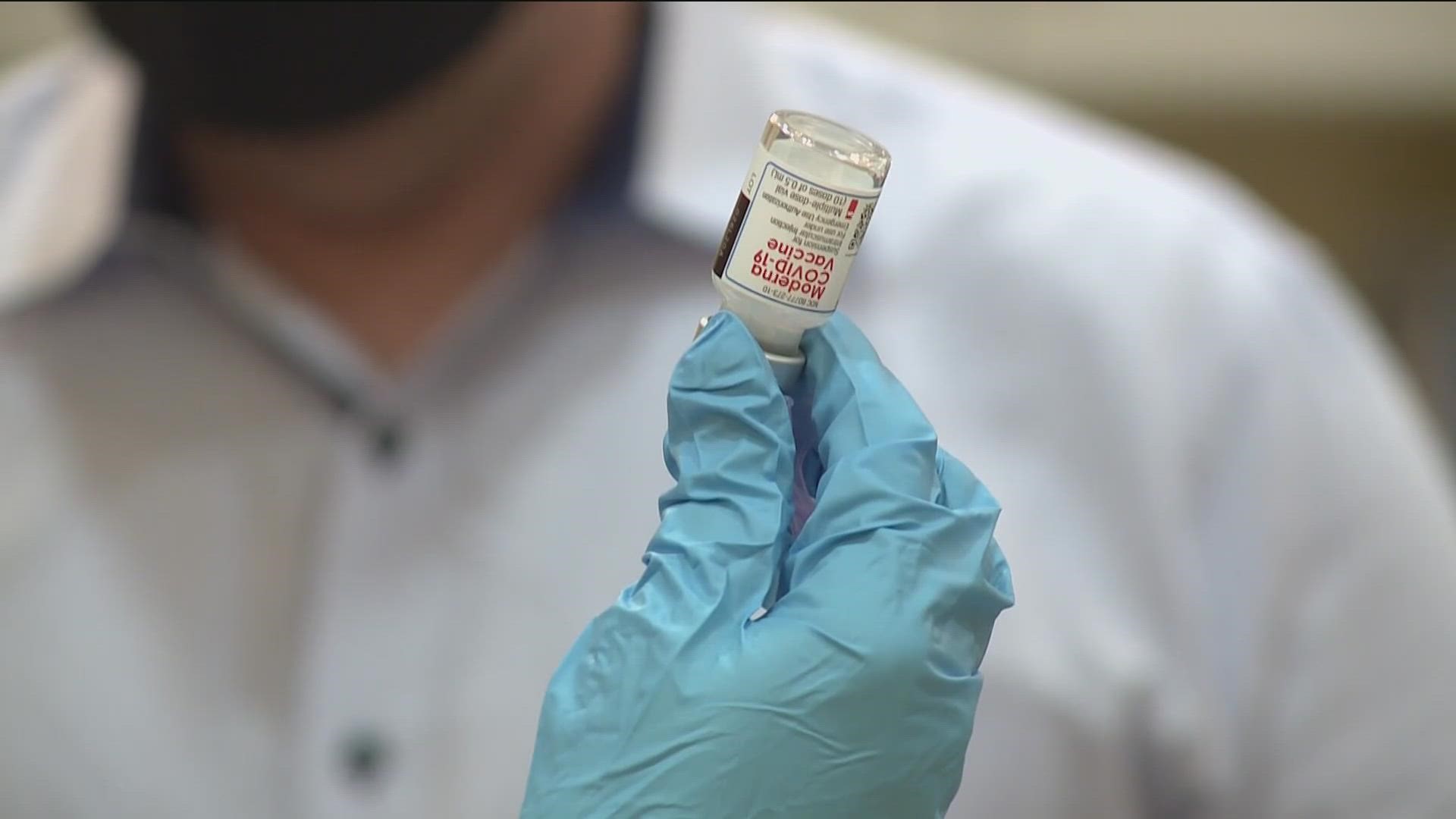ATHENS, Ga. — New research out of the University of Georgia suggests a commonly available drug that was originally approved back in 1951 to treat gout could be a highly effective treatment for COVID-19.
UGA's news portal published a story about the research surrounding the anti-inflammatory drug probenecid on Thursday. Researchers published a paper in the journal Viruses earlier this month titled, "Oral Probenecid for Nonhospitalized Adults with Symptomatic Mild-to-Moderate COVID-19."
The full paper is available for download at this link.
According to the paper's abstract, COVID patients treated with probenecid cleared the virus four days quicker than a plaecbo group, and a group on a higher dosage cleared it two days quicker than a group on a lower dosage.
Additionally, 68% of the patients on the higher dosage of probenecid reported no more symptoms by Day 10 versus just 20% in the placebo group. Those in the lower-dosage group also reported no symptoms by Day 10 at a 56% rate.
There were 75 patients in all in the study, according to UGA, ages 18-65 who experienced mild to moderate symptoms during their COVID infection.
"The treatment of patients with symptomatic, mild-to-moderate COVID-19 with probenecid resulted in a significant, dose-dependent decrease in the time to viral clearance and a significantly higher proportion of patients reporting complete symptom resolution by day 10," the paper's abstract concludes.
The UGA news portal write-up also indicated probenecid can show significant improvements in preventing transmission of COVID.
"Long used as a treatment for gout, probenecid has sparked interest in its potential to treat respiratory illnesses in both children and elderly patients," UGA's portal noted. "Development of oral tablets and syrup forms of the drug is being considered, and further testing is needed to determine whether a higher dosage or improved solubility could enhance results."
UGA College of Veterinary Medicine and Georgia Research Alliance Eminent Scholar Ralph Tripp, who led the research team, called the findings a "significant development."
“It shows improvement in both virus clearance and symptom reduction," Tripp told UGA's news site.
According to UGA, probenecid has also shown strong effects against influenza and RSV in lab and animal studies.
Adverse events during treatment were reported at the same rate across all groups, and were described as "mild" along with no discontinuation of treatment due to an adverse event.

